One-hit wunderkind: How do you follow a viral song about Mary Berry?
‘I decided to make a song within like two days and then three weeks later I signed a deal for it, now it’s 2mil+ streams across three platforms’... teen rapper Tom Austin (Niko B) tells Amos Barshad about what he’s got planned next
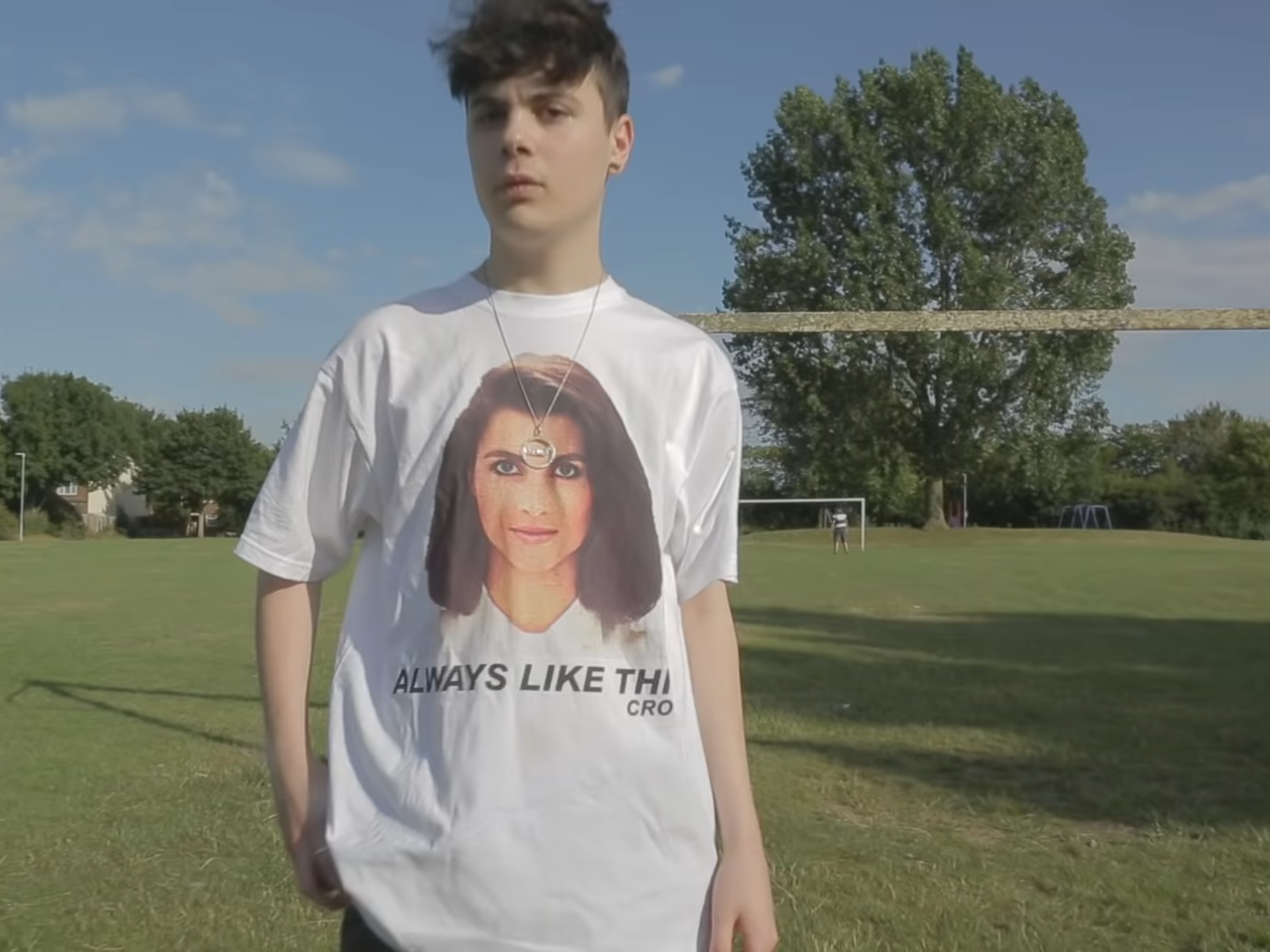
Your support helps us to tell the story
From reproductive rights to climate change to Big Tech, The Independent is on the ground when the story is developing. Whether it's investigating the financials of Elon Musk's pro-Trump PAC or producing our latest documentary, 'The A Word', which shines a light on the American women fighting for reproductive rights, we know how important it is to parse out the facts from the messaging.
At such a critical moment in US history, we need reporters on the ground. Your donation allows us to keep sending journalists to speak to both sides of the story.
The Independent is trusted by Americans across the entire political spectrum. And unlike many other quality news outlets, we choose not to lock Americans out of our reporting and analysis with paywalls. We believe quality journalism should be available to everyone, paid for by those who can afford it.
Your support makes all the difference.Last summer, a teenager named Tom Austin decided on a whim to record a rap song. He had never made music before. But even as he was writing down lyrics – picking out references from an iPhone note of random stuff he had been keeping – he was strangely sure of himself.
“I don’t want to sound bigheaded,” he said, “but I knew it would do bits.” (Translation: Austin knew the song would connect widely.)
The result was “Mary Berry”, a delightful, deadpan ode to life in small-town Britain. The title is a nod to the 84-year-old former Great British Bake Off judge. In the song, Austin says he “needs a girl like” Berry; he defeats a local man in badminton; pulls out a secret Android cellphone; performs his own circumcision; threatens to fight the TV host Piers Morgan; flexes his discount Slazenger sneakers; and announces, “Top thing on my bucket list is to slide tackle the queen.” For his rap alterego he borrowed the name Niko Bellic, an eastern European gangster character from the video game Grand Theft Auto IV.
As Austin later wrote on Instagram: “I decided to make a song within like 2 days and then 3 weeks later I signed a deal for it, now it’s 2mil+ streams across 3 platforms CRUUUD.”
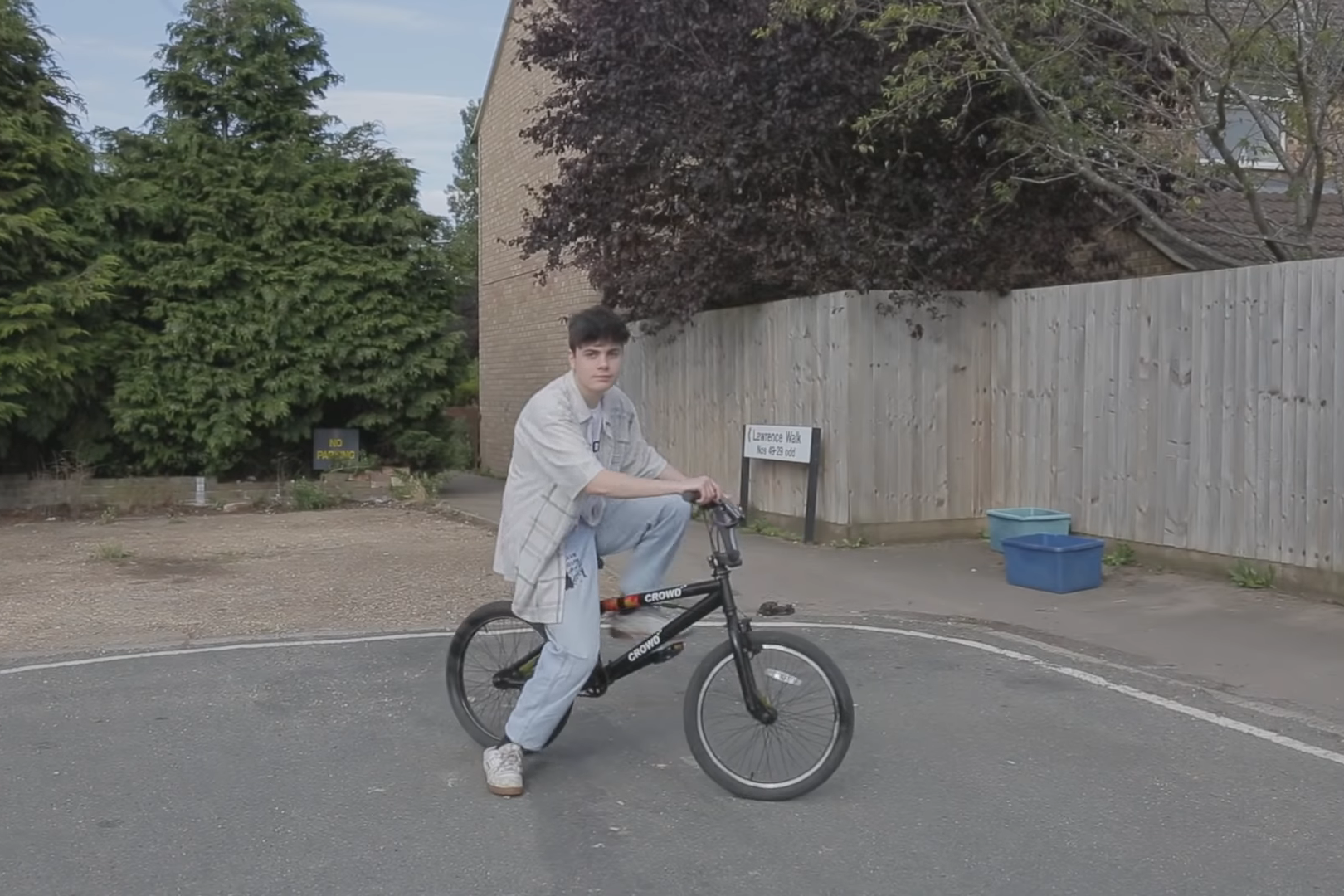
This success seems both calculated and hilariously accidental. In the intro to the song, he offhandedly shouts out the flashy East London Afrobeats group NSG; not long after its release, he was touring Britain as the group’s opening act. He’s taking meetings and other “bits and bobs”, Austin says, and carefully planning a second single with a record label. He is 19.
In 2016, Billie Eilish, then 13, posted the song “Ocean Eyes” on her SoundCloud and went to bed. She woke up to see it had accumulated thousands of plays overnight. She is now one of the biggest popstars alive.
Teenage creators now live knowing that any given thing they post might just change their life
The 16-year-old US rapper Bhad Bhabie has built her career off a catchphrase-minting appearance on US talkshow Dr Phil. The 13-year-old country singer Mason Ramsey has capitalised off a recorded Walmart yodelling session. Their sudden, culture-saturating music moments would have been impossible before SoundCloud, TikTok, Instagram, YouTube and Twitter. Now the music industry, social media and the influence industry at large are racing to adapt for, and borrow from, such overnight success stories.
Tom Austin – or Niko B, for that matter, as he’s now calling himself, possibly to avoid litigation – is nowhere near as well known as Bhad Bhabie or Billie Eilish. His success, to date, is very much niche, and contained within Britain. But he is at a crossroads each saw for themselves. He made a song. It did bits. What’s next?
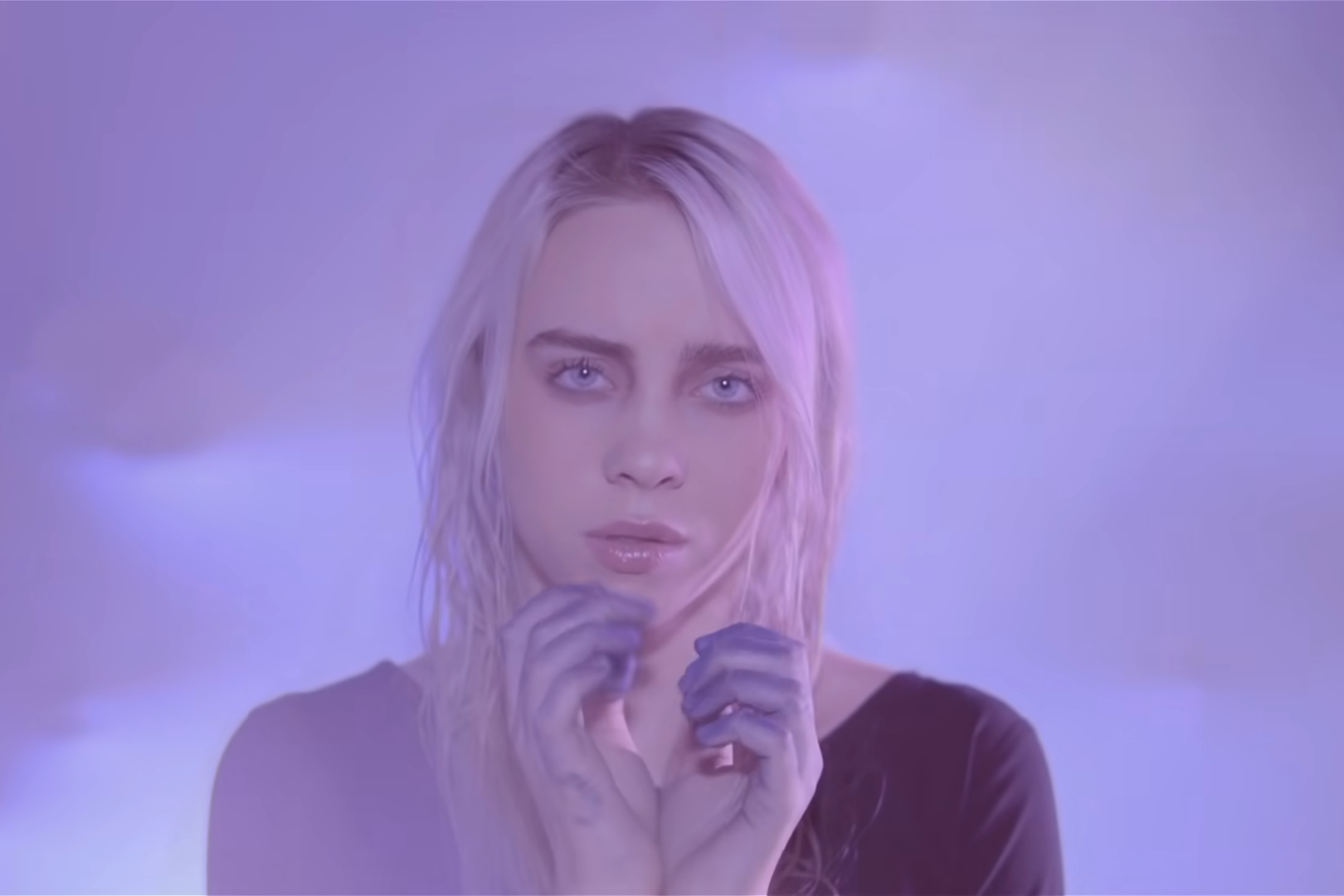
A decade ago, instant virality could be a curse. Rebecca Black was 13 in 2011 when her uncanny-valley banger “Friday” – written for her in exchange for £3,000 of her mother’s money – exploded.
Enjoy unlimited access to 100 million ad-free songs and podcasts with Amazon Music
Sign up now for a 4 month free trial (3 months for non-Prime members)
Enjoy unlimited access to 100 million ad-free songs and podcasts with Amazon Music
Sign up now for a 4 month free trial (3 months for non-Prime members)
“It took me years to get healed,” she said in a recent interview. “When you’re 13, nobody can explain to you how mentally extreme everything is.”
Back then, she had vague dreams of Broadway, but no real career plan. In the years after “Friday,” she fended off all kinds of cynical business entreaties.

Now 22, she has built a team around her that she trusts. And she’s back making music: “Sweetheart”, her latest release, is available on all streaming platforms. She’s also talking about her experience, and getting very positive reactions.
“I had to figure out the long and hard way that nobody can give you this career,” Black said. “I had to do it in my own way.”
In the years since “Friday”, it’s possible audiences have become less judgmental.
While there’s still a bit of stigma associated with sudden virality, especially when it feels easily won, maybe we understand now that tunes can come from anywhere. Maybe we got tired of getting upset.
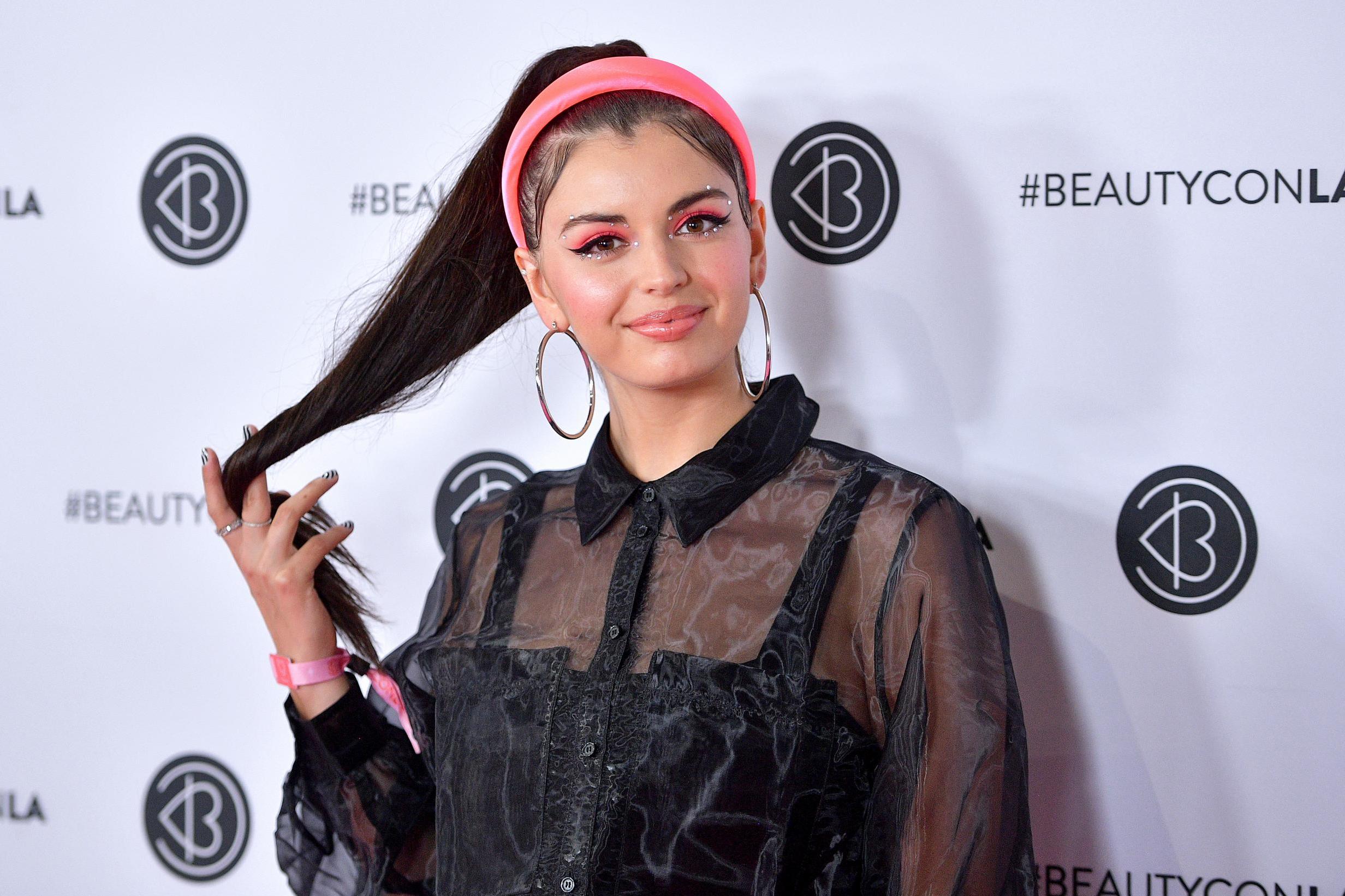
Or maybe the latest generation got better at being ready. In the end, Bhad Bhabie has bangers. Mason Ramsey is a legitimate country radio presence. And Lil Nas X’s path to success was, on a much grander scale, similar to Tom Austin’s. He used meme knowledge and a social media base to turn “Old Town Road” into the longest-running No 1 single in US Billboard history.
He used to work at a Subway but quit when a pop-up stall netted him more money in one weekend than he’d previously made in a month
Black, as a pioneer, had no idea what was about to hit her. Teenage creators now live knowing that any given thing they post might just change their life.
On a recent weekday on the high street of the tiny old town of Newport Pagnell, near London, Austin sat in a fancy coffee shop with a Realtree-style coat zipped to the neck. (He opened it only once, briefly, to remove a single key from a Prada fanny pack surreptitiously strapped to his waist.) He grew up, and still lives, in a humdrum subdivision down the road called the Poets Estate. He and his buddies used to skateboard, break into abandoned places, hang out at the kebab shop.
And the rest of the time – “deffo, 100 per cent” – he was on the internet. At eight or nine, that meant building Lego animations on YouTube. (“Like, a skeleton horse chasing a guy,” Austin said.) By 14 or 15, it was prank calls and mock news-channel stuff. He managed to build up a bit of a YouTube following, then switched his attention to Instagram, where he first posted cool-guy fit pix before having a revelation.
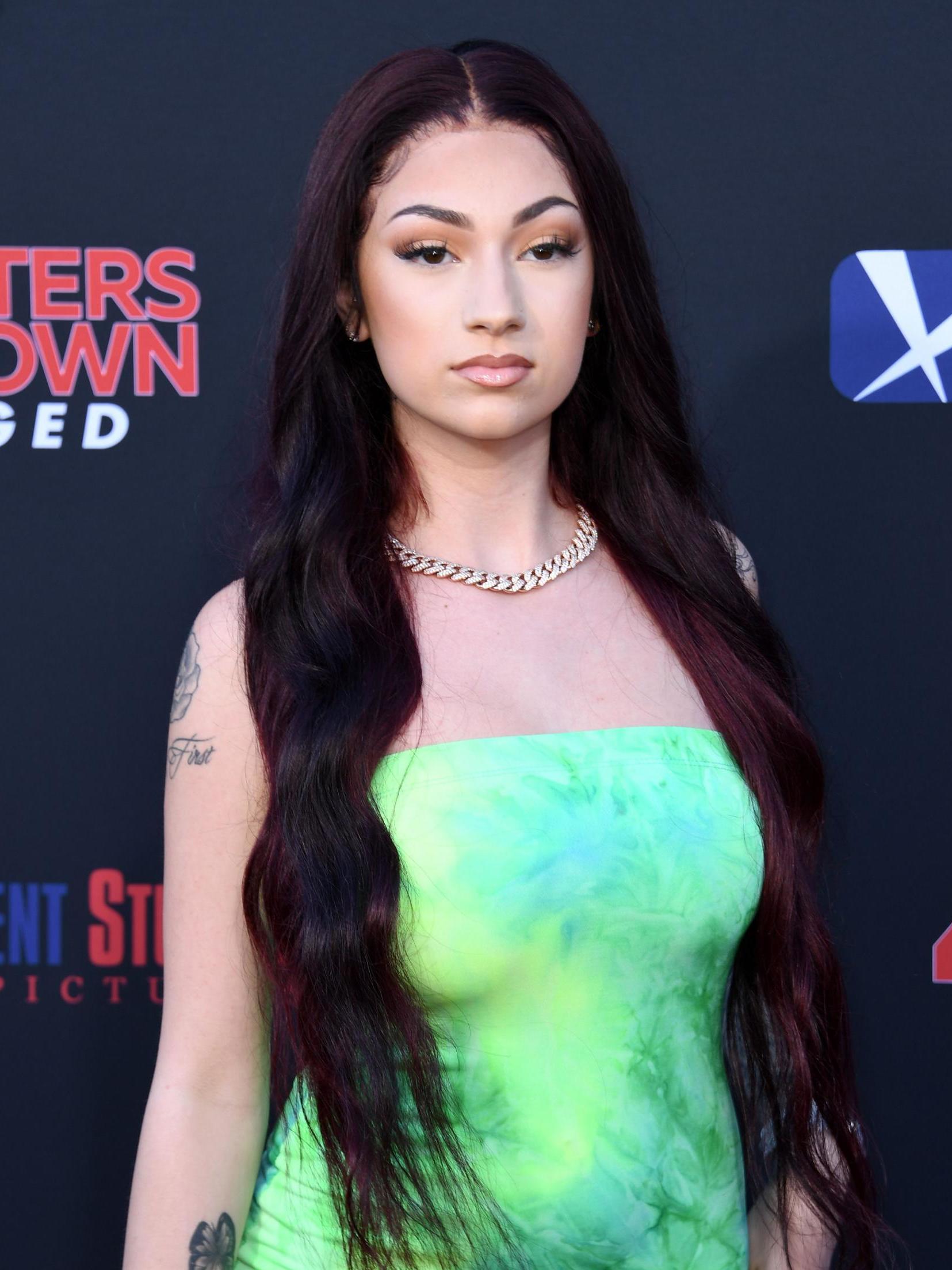
“Mate, if I’m just showing you what I’m wearing, that’s not gonna get me anywhere,” he said. “This is Instagram. You can’t deep it,” meaning “take it seriously.” So he pivoted and started posting stuff like “me looking in the mirror, and in the mirror is this really buff guy”, he said. “It was the right turn to make.”
Around the same time, inspired by the multihyphenate talent Tyler, the Creator, he introduced a clothing label called Crowd; he now sells to customers as far away as Dubai. He used to work at a Subway but quit when a Crowd pop-up netted him more money in one weekend than he’d previously made in a month.
He even wrote an elaborate resignation letter: “Thanks to everyone even Carlos bye Marisa I hope I can transfer my sandwich-making skills to my future day to day life.”
As much as anything, “Mary Berry” was a promo for Crowd. (The video is full of Crowd clothes, and a post-video drop was his best-selling to date.) But it was also born of a generational DIY ethos: Why not do it?
‘My mum’s a teacher in a special needs school. So pay off my parents’ debt, that’s the very first goal. And after that it’s like — whatever’
Austin points to Alex from Glasto, a fellow pasty British teenager who won viral fame last summer when he was pulled onstage at Glastonbury by the rapper Dave to perform the hit “Thiago Silva”. After that, Alex from Glasto has released his own single. “I was like, ‘No offence to him, but if this guy can blow up…” Austin says, trailing off.
The making and release of “Mary Berry” was tied – breathlessly, naturally – with Instagram documentation: edited fake DMs from Drake asking to get on the remix, surreal footage of Austin surrounded by a platoon of life-size Mary Berry cardboard cutouts. “I did a video of me throwing a basketball out a window and then the Lakers being like, ‘Yo, we need to sign you right now,’” he says. The first Instagram story tracking the journey is just captioned “about to become a full-time rapper”.
He also persuaded friends who are big on Instagram, like @GullyGuyLeo, to post a snippet of the song.
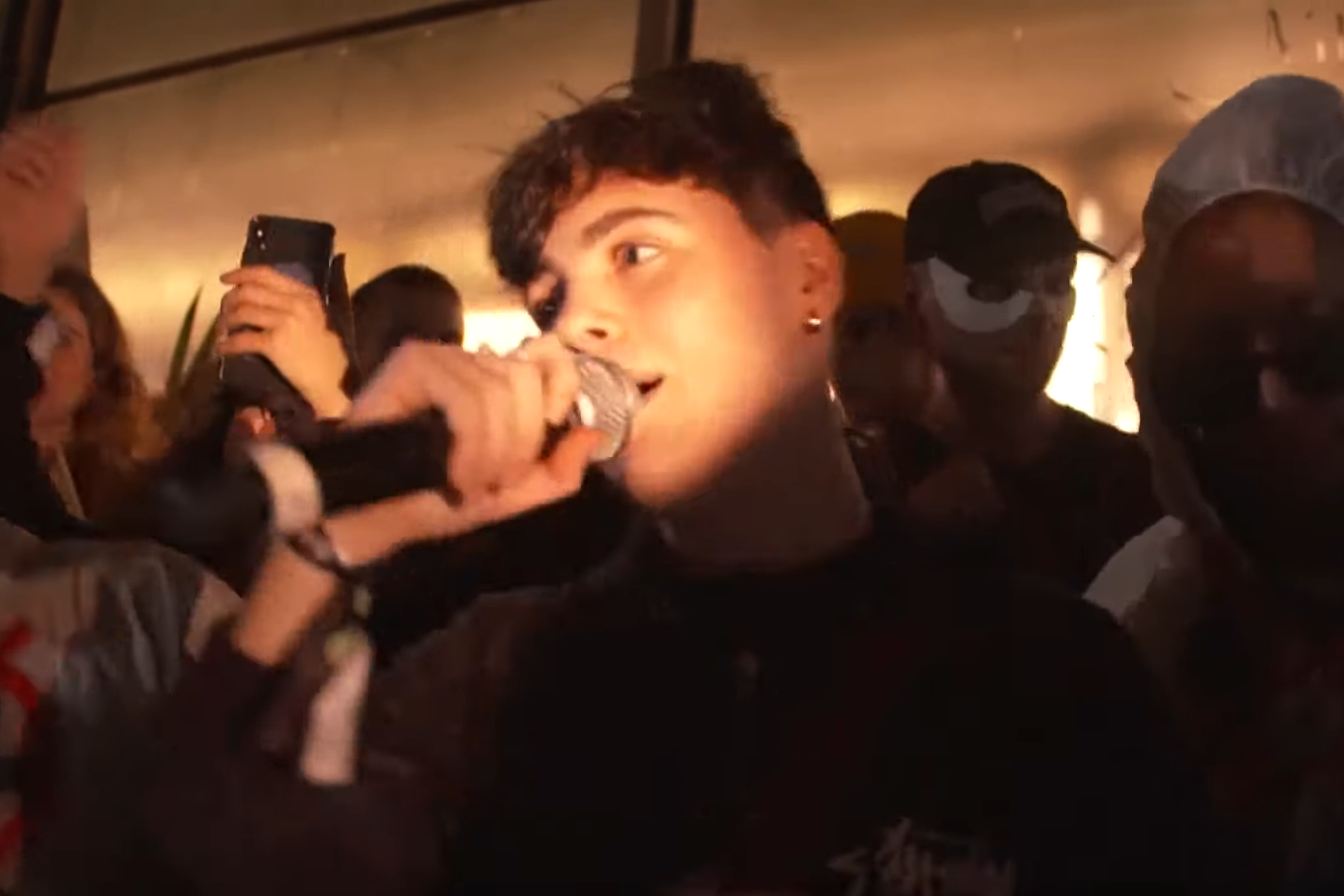
Then he landed the attention of @ImJustBait, an influential British meme account run by a slick operator named Antz. (According to lore that Austin repeats reverentially, Antz started it without even having a cellphone. “He used his friend’s phone! Now he’s got, like, the most known Instagram page!”) Antz messaged Mr Austin, saying, “Yo, you’re jokes.” Now Austin is signed to Antz’s imprint, WEAREBLK, an entity created specifically to avoid the pattern of established labels profiting off viral successes they had no hand in creating.
So Austin is now officially, and accidentally but not accidentally, an independent musician. At an appearance at the taste-making Boiler Room Festival, he heard people sing his lyrics back to him for the first time. His tour with NSG took him to London and Birmingham and Manchester alongside “mad big artists”.
“I felt so bad because all these artists put in so much time and I’m just like, ‘What is going on?’” he said. The juvenilia-fuelled song made the rounds and even got back to his grandmother. (He said she texted him about one of the more anatomically graphic lyrics.)
Next up, hopefully, is some money. “My dad’s a builder and he doesn’t work right now, which is tough,” Austin says. “And my mum’s a teacher in a special needs school. So pay off my parents’ debt, that’s the very first goal. And after that it’s like — whatever. Literally tomorrow I could try beatboxing, and then, a year from now I could be a really famous beatboxer. Anything I want to do, I’ll just do it. Cause there’s no reason for me not to do it. So I’ll do it.”
© The New York Times
Join our commenting forum
Join thought-provoking conversations, follow other Independent readers and see their replies
Comments